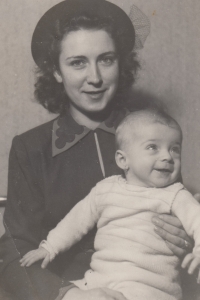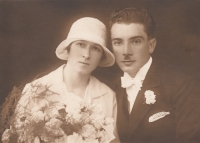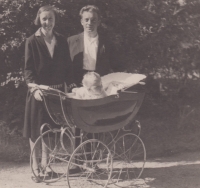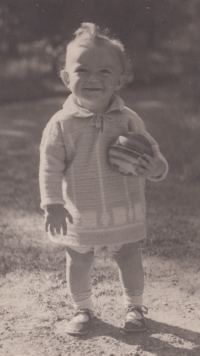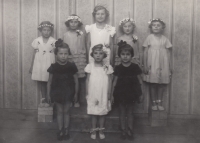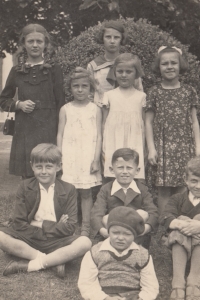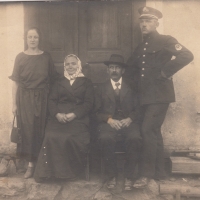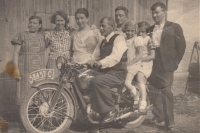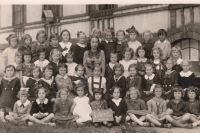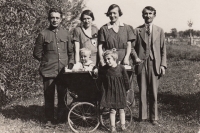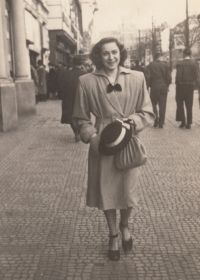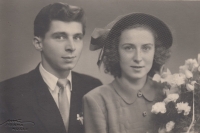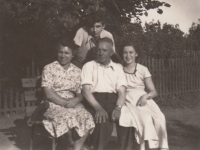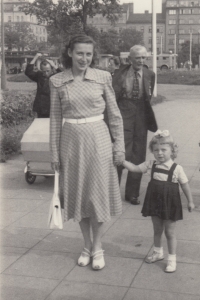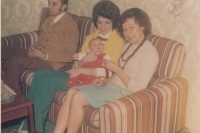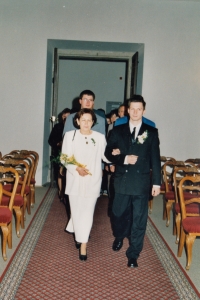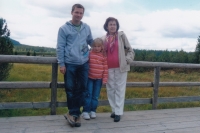Fall of communism took me by surprise in a pleasant way, I had stopped counting on it
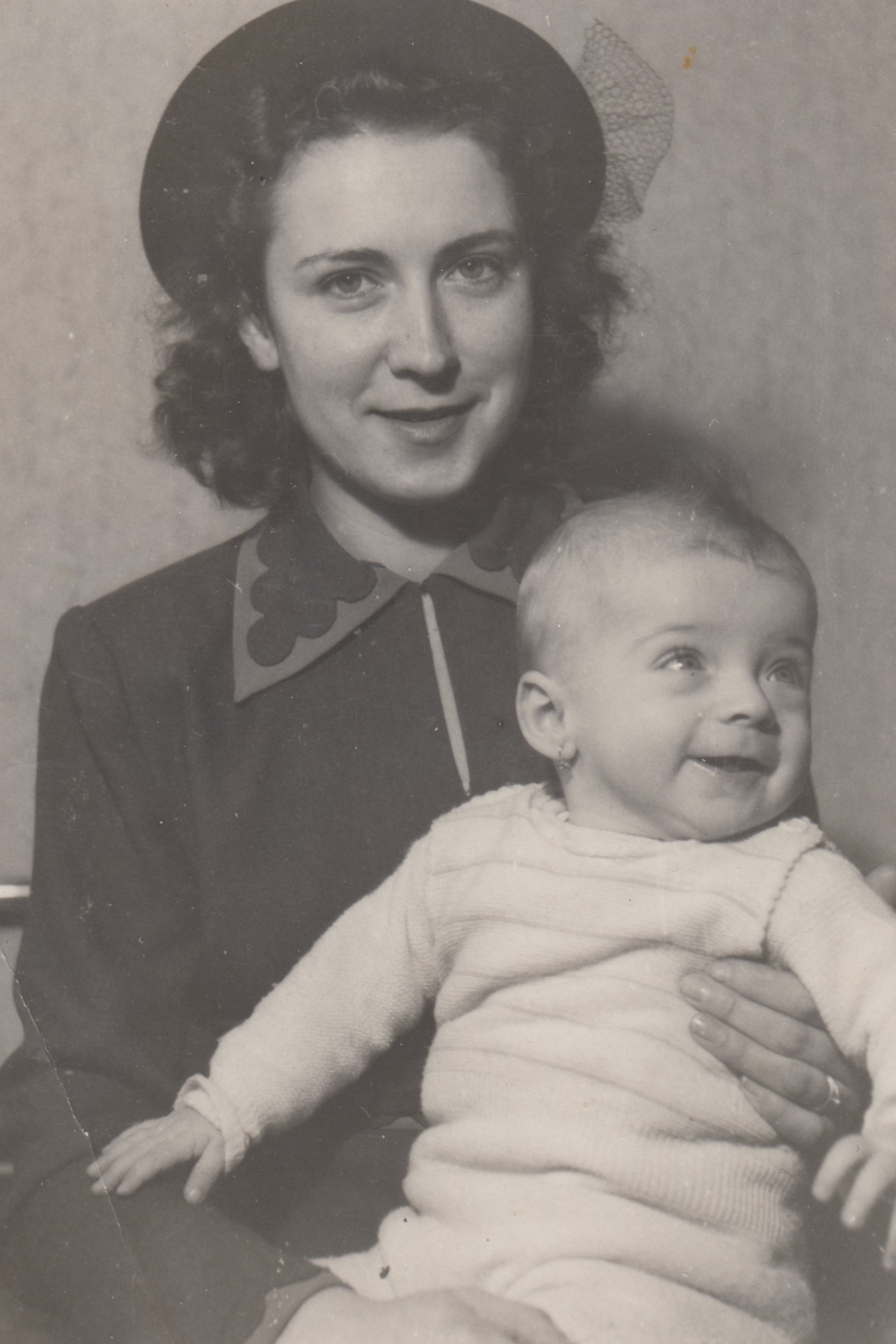
Download image
Pavlína Pešková, née Šachová, was born on 9 May 1929 into a Czech family in the Slovak city of Košice. In the fall of 1938 when she was nine, she and her parents fled back to Bohemia after the Hungarian occupation of southern and eastern Slovakia. After the war, she witnessed the execution of K. H. Frank. In the 1950s, her first husband Ladislav Vokatý should have been sentenced to 14 years in a political show trial, eventually, he spent three years as a prisoner mining uranium in Jáchymov. Their marriage broke up two years later apparently due to the separation and harsh prison conditions. In 1971 Ladislav Vokatý died as a result of radiation exposure in the uranium mines. The life of Pavlína Pešková’s family was severely affected by a hereditary disease which first deprived Pavlína of her mother when she was fifteen, then of her three-month-old son Pavlíček, and finally of her adult daughter. In 1976 her daughter was the first patient with cystic fibrosis in Czechoslovakia who gave birth to a child, her only son. In 1988, Pavlína’s daughter Vladimíra succumbed to her disease at the age of 37.
